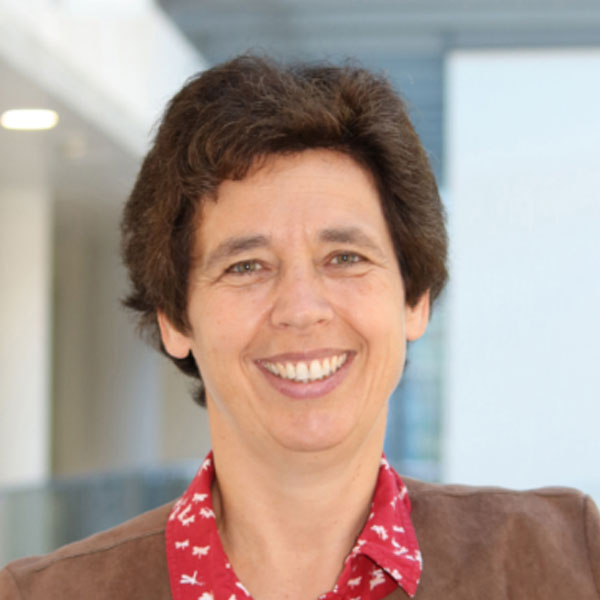
11th INTERNATIONAL EXPERTS' CONFERENCE
ENVIROMANAGEMENT 2021
WASTE INFRASTRUCTURE
OCTOBER 4 - 5, 2021
HOTEL PATRIA****, ŠTRBSKÉ PLESO, HIGH TATRAS, SLOVAKIA
Lecturer
Mag. Dr. Kornelia Giersig
Head of the Waste Management Department
Innsbruck University Hospital
Innsbruck
Austria
Presentation
Waste Management in a 1.500 bed hospital before, during and after COVID 19.
Odpadový management v nemocnici s 1.500 lôžkami pred, počas a po COVID-19.
Key Words
Waste management, Covid, Hospital, Health
Annotation
Annotation Waste management in large hospitals is regulated by a specific Austrian standard – OENORM S2104 “Waste management in medical institutions”, published by the Austrian Standard Institute. The standard distinguishes 4 different kinds of waste, according to the hazardous risks: (1) waste which is similar to domestic waste (including residual waste, recyclables, biodegradable waste) (2) waste which has – due to its infectious potential – to be treated like dangerous waste inside the medical institution, but outside the institution it is regarded as non hazardous waste (e.g. all kinds of contaminated medical products, sharps) (3) waste which has infectious risk inside and outside the hospital (e.g. tuberculosis) (4) waste with other dangerous potential (e.g. chemicals, electronic devices, medication).
During regular operation mode it is a challenge to organize the correct separation of waste. In Innsbruck more than 60 different kinds of waste are separated, more than 3000 tons are produced per year. Special emphasis is given to inform and motivate more than 5000 employees plus students and employees of integrated companies like cleaning staff. Rules have to be simple and well documented.
The covid 19 pandemic asked for a quick adaption of regular operation schemes to emergency state. At the end of February, Tirol was the first part of Austria having to deal with covid waste – at this point specific national regulation was missing. The first and most important step was the correct classification of the material. The classification was set up in accordance with the hygiene commission of the hospital. At a second step measures were integrated with the regional waste management partner. Third, for covid units waste separation was reset to a minimum mode. Multiple organisational units were supplied with information on the covid waste separation scheme and also with correct and sufficient material for waste collection. At the same time safe transport and operation conditions were set for logistics staff.
During may, in accordance with the national and regional health management plan, step by step waste separation was set back to normal.
Lecturer’s Profile
1994 Graduation to Doktorin rer. nat. (General Microbiology, Focus biotechnology).
1994 to 1997: Waste management expert at TBU (Technisches Büro für Umweltschutz, Innsbruck (Key aspects: waste management concepts p.e. Tirol, Vinschgau, Ljubljana.
1997 to 1999: Head of a microbiological/pharmaceutical research laboratory at the Biochemie Kundl, Tirol (Sandoz).
Since 1999: Head of the department for ecology and waste management at the University Hospital of Innsbruck (Landeskrankenhaus Innsbruck, Universitätskliniken), Austria
Since 2006: Dangerous goods expert Landeskrankenhaus Innsbruck, Universitätskliniken: Implementation of dangerous goods procedure for the classes 2, 3, 6.1, 6.2, 7 und 9.
Since 2008: Member of the expert group for the Austrian standards committee ON S2104 (Waste management in health institutions)
2012 Introduction of a central shipping unit for the manipulation of UN 3373 Biological Substance, Category B.
Since 2015: Introduction of the central waste and dangerous goods unit for the Tirol Kliniken GmbH (4 hospitals)
2019/2020 Member of the expert grout for the Austrian standards committee ON S2104 (Waste management in health institutions)
Organization’s Profile
Tirol Kliniken GmbH operates 5 hospitals in the region of Tirol, Austria. The Landeskrankenhaus Innsbruck – Universitätskliniken (University hospital Innsbruck) is the largest with up to 1600 beds.
Kľúčové slová
Anotácia
Profil prednášajúceho
Profil organizácie

